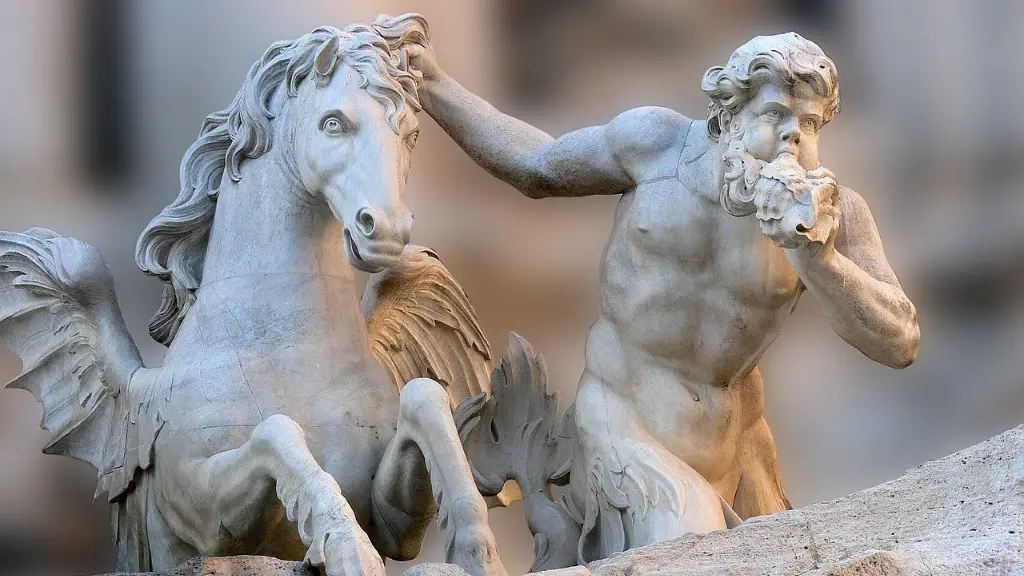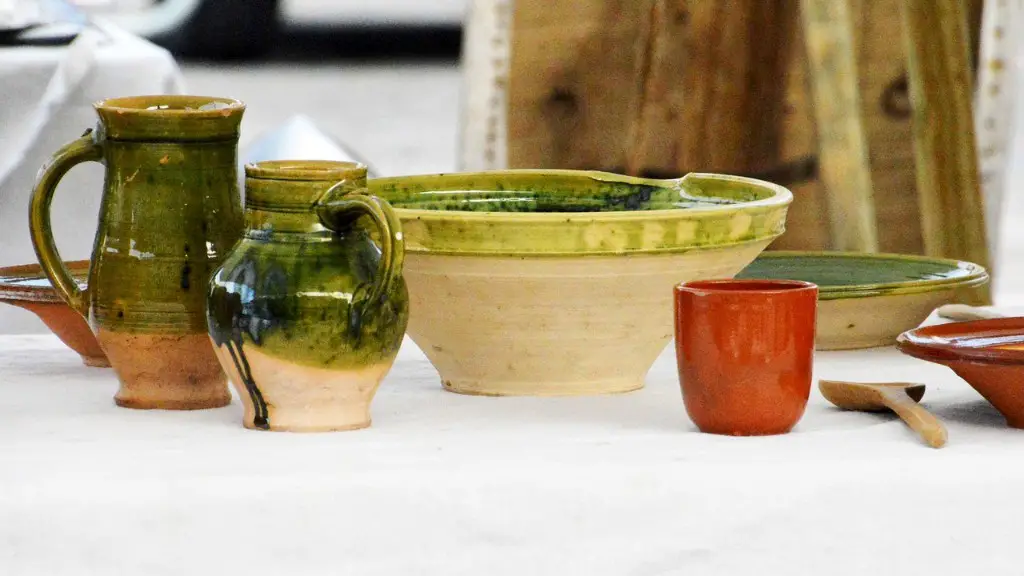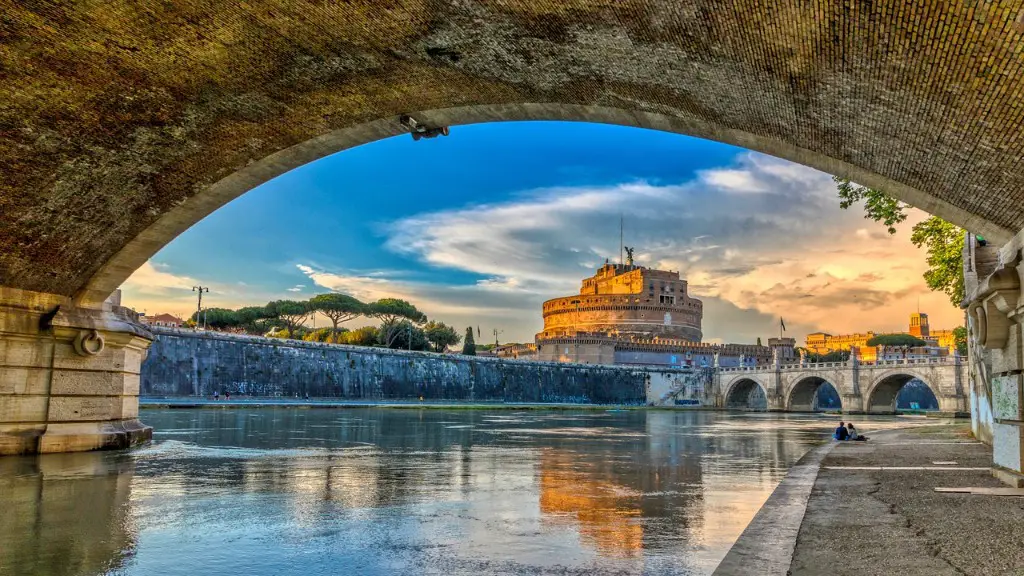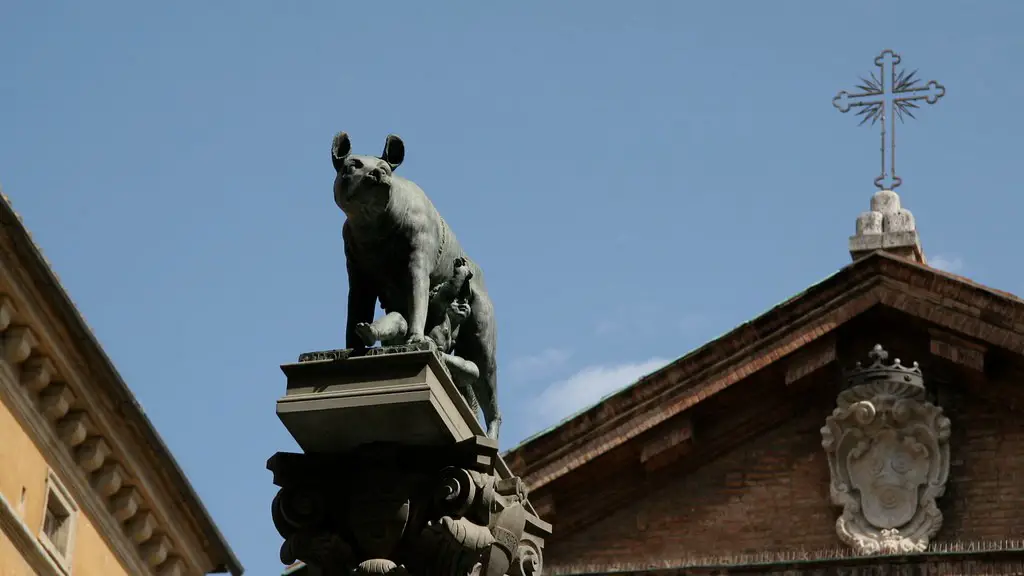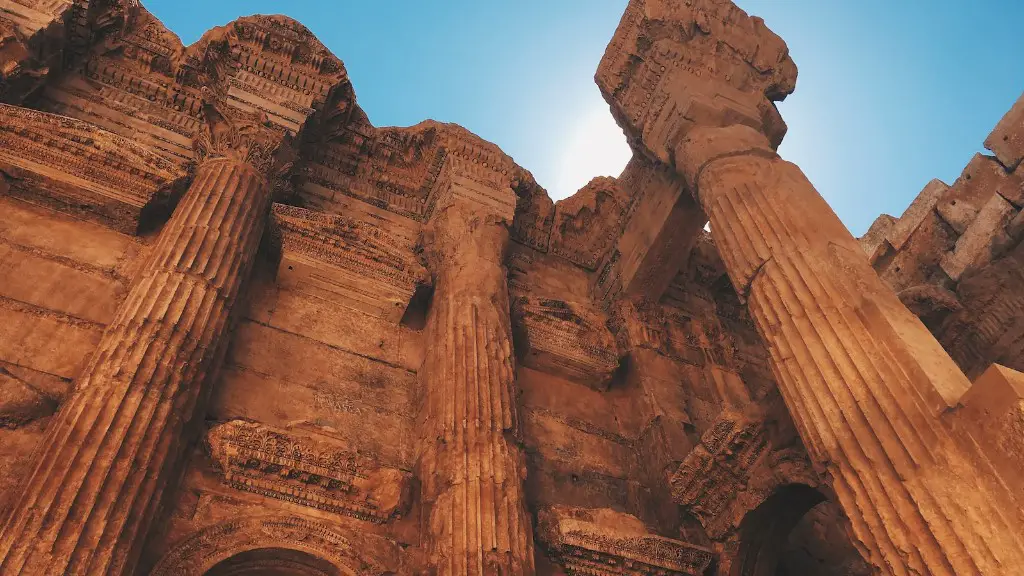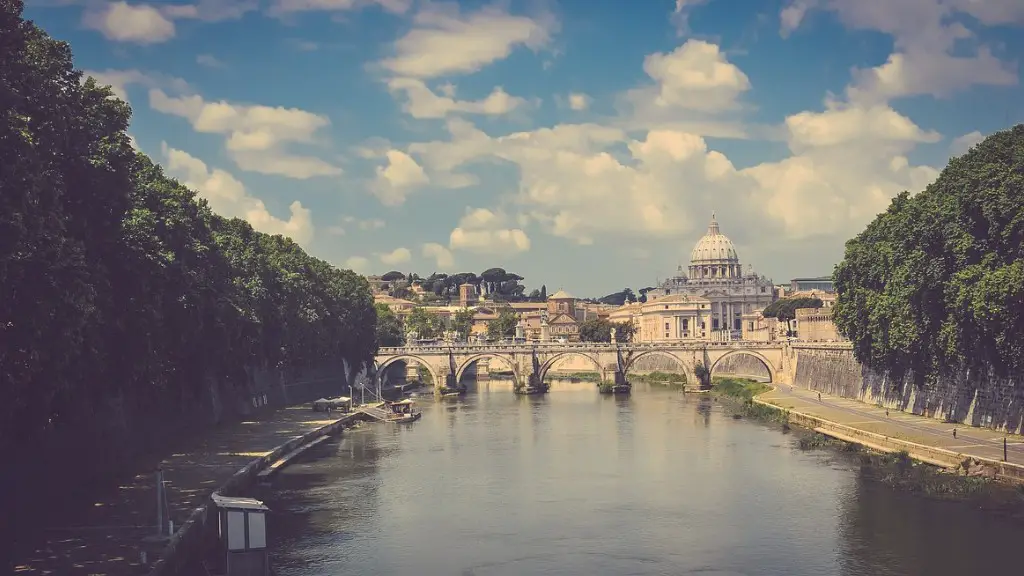The Roman Gods were the ultimate source of power in Ancient Rome. They were thought to control everything in the world, from the weather to people’s destinies. The Roman people believed that if they angered the gods, they would be punished. As a result, they built temples and offered sacrifices to the gods to appease them. The Roman Gods also had a great influence on the political system. The most powerful men in Rome were often those who had the most connections to the gods. For example, Julius Caesar was believed to be the son of the god Apollo. As a result, he had a great deal of power and influence.
The Roman gods impacted ancient Rome in a number of ways. They were often invoked for guidance and protection, especially during times of war or duress. They also served as a source of inspiration for art and literature. In addition, the Roman gods served as a way for people to connect with and understand the natural world. Many of the Roman gods were associated with specific natural phenomena, such as the sun, the moon, the sea, and agriculture. As such, they helped people to make sense of their physical environment and their place within it.
What impact did Roman gods have on ancient Rome?
The Roman civilization believed in gods that served a role in founding their civilization and helped shape the events of people’s lives on a daily basis. The people paid allegiance to the gods both in public spaces and in private homes. This showed how important the gods were to the people and how they affected every aspect of their lives.
When the Romans and Greeks met, the Romans liked Greek mythology and adopted their myths and Gods into their beliefs and culture. Roman mythology affected Roman society because religion and myth became united together. Romans worshipped thousands of gods and believed there was a god or spirit for everything in nature. This affected how they saw the world and their place in it. It also affected their relationships with other people and their view of death.
What was the role of gods in ancient Rome
The three most important gods in Roman religion were Jupiter, Juno, and Minerva. Jupiter was the protector of the state, Juno was the protector of women, and Minerva was the goddess of craft and wisdom. Other major gods included Mars, the god of war, Mercury, the god of trade and messenger of the gods, and Bacchus, the god of grapes and wine production.
Greek religion had a significant impact on Rome; the Romans essentially adopted their gods and goddesses from the Greeks, sharing similar roles and responsibilities. For example, the Greek Hades became the Roman Pluto, god of the underworld. The Romans were also inspired by Greek art.
What is the greatest impact of ancient Rome?
The ancient Romans were a people known for their military, political, and social institutions. They conquered vast amounts of land in Europe and northern Africa, built roads and aqueducts, and spread Latin, their language, far and wide.
The ancient Greeks believed that gods and goddesses controlled nature and guided their lives. They built monuments, buildings, and statues to honor them. Stories of the gods and goddesses and their adventures were told in myths. The Greeks did not believe that gods and goddesses were all-powerful.
How did religion affect the Romans?
In ancient Rome, religion was the backbone to many of their most important beliefs. It informed not only the way they lived their lives but also the nature of their architecture and surroundings. From its earliest days, ancient Rome was polytheistic.
Religion was a key part of daily life for ancient Romans. Each home had a household shrine where prayers and offerings were made to the family’s domestic deities. There were also community shrines and sacred places dotted around the city. The Roman calendar was structured around religious festivals and other observances.
How did mythology affect society
Greek mythology has had a profound impact on society, both in the past and present. Many of the concepts that we take for granted today, such as democracy, justice and even the idea of rationality, can be traced back to Greek mythology. The stories of Greek mythology also offer valuable lessons about human nature and the world around us. In a way, they are like a blueprint for modern thinking.
The Roman people believed that their gods controlled their daily lives, so they did their best to please them. At the various temples and shrines around Rome, people would make offerings and promises to the gods. They would often leave gifts of food, such as honey cakes or fruit, as well as sacrificing animals like bulls, sheep, and oxen.
What was the role of the gods in the ancient world?
The Greeks believed that the gods and goddesses had control over every part of people’s lives. They thought that the gods could help or punish them depending on their actions. The Greeks would pray to the gods for help with things like winning battles, getting good weather, or having a good harvest.
The Roman religion involved the cult worship of many gods and goddesses. The approval of the gods did not depend on a person’s behaviour, but on the accurate observance of religious rituals. Each god needed an image – usually a statue or relief in stone or bronze – and an altar or temple at which to offer prayers and sacrifices.
How did Greek culture affect Roman culture
The Roman culture was greatly influenced by the Greeks, especially in the areas of religion and architecture. The Romans adopted many of the Hellenic gods and goddesses, renaming them to fit their own pantheon. They also kept many of the myths and legends surrounding these deities, which added to the richness of Roman religion. Furthermore, the Romans borrowed heavily from Greek architectural and artistic traditions, creating their own unique style that was heavily influenced by the Greeks.
It is clear that the Romans were greatly influenced by the Greeks, both in terms of culture and art. This is most evident in the aftermath of military victories, when Roman soldiers would bring back not only works of art but also enslaved Greeks who were learned in various fields. These cultural exchanges between the two peoples had a profound impact on the development of Roman civilization.
Why did Greek culture influence Rome?
There are a number of reasons why the Romans adopted so much of Greek culture, architecture and language. Firstly, the Greeks were geographically very close to the Romans and their culture simply seemed more high-brow and sophisticated. The Greeks had great philosophers, playwrights, historians and their buildings were very impressive. Secondly, the Greek language sounded very nice and was easier for the Romans to adopt than some of the other languages they came into contact with.
Caesar Augustus was one of ancient Rome’s most successful leaders. He is best known for leading the transformation of Rome from a republic to an empire. Under his rule, Rome experienced a time of peace and prosperity. Augustus also made many changes to Roman life, including introducing the Julian calendar.
What was Rome’s biggest threat
Invasions by Barbarian tribes was one of the main reasons for the fall of the Western Roman Empire. For centuries, the Roman Empire had been fighting with Germanic tribes. However, by the 300s, the “barbarian” groups such as the Goths had encroached beyond the Empire’s borders. This led to a series of military losses which weakened the Empire and eventually led to its fall.
The Roman civilization was one of the most influential and powerful empires of its time. Even now, their developments continue to touch our lives and contribute to the world. Their innovations in engineering, architecture, and even daily life have left a lasting legacy that we still use today. Here are just a few examples of how the Roman civilization has impacted the world today:
Cement: The Roman civilization was the first to develop cement, which is a key ingredient in concrete. This useful material is still widely used today in construction projects around the world.
The Aqueduct: The aqueduct is another Roman innovation that is still in use today. These man-made channels were used to transport water from one place to another, and the Roman aqueducts were some of the most sophisticated ever built. Today, we still use aqueducts to transport water for irrigation and other purposes.
Sanitation: The Roman civilization was also responsible for developing many of the sanitation systems that we still use today. Their systems of public baths and toilets were ahead of their time, and helped to prevent the spread of disease.
Roads: The Roman road system was one of the most extensive and well-built of its time. Their roads were used
Conclusion
The Roman gods affected ancient Rome in a number of ways. They were believed to control the natural world and human destiny, and their will was thought to be manifested in everything from the weather to the outcome of wars. Roman religious practices were geared towards placating the gods and ensuring their goodwill. The most important temples in Rome were dedicated to the major gods, and the city was dotted with shrines and statues commemorating the gods and their influence on Roman life.
The Roman gods played a significant role in the lives of ancient Romans. They affected everything from the way people lived their lives to the way they conducted business. The gods were a part of every aspect of Roman life and played a hand in shaping the course of history.
